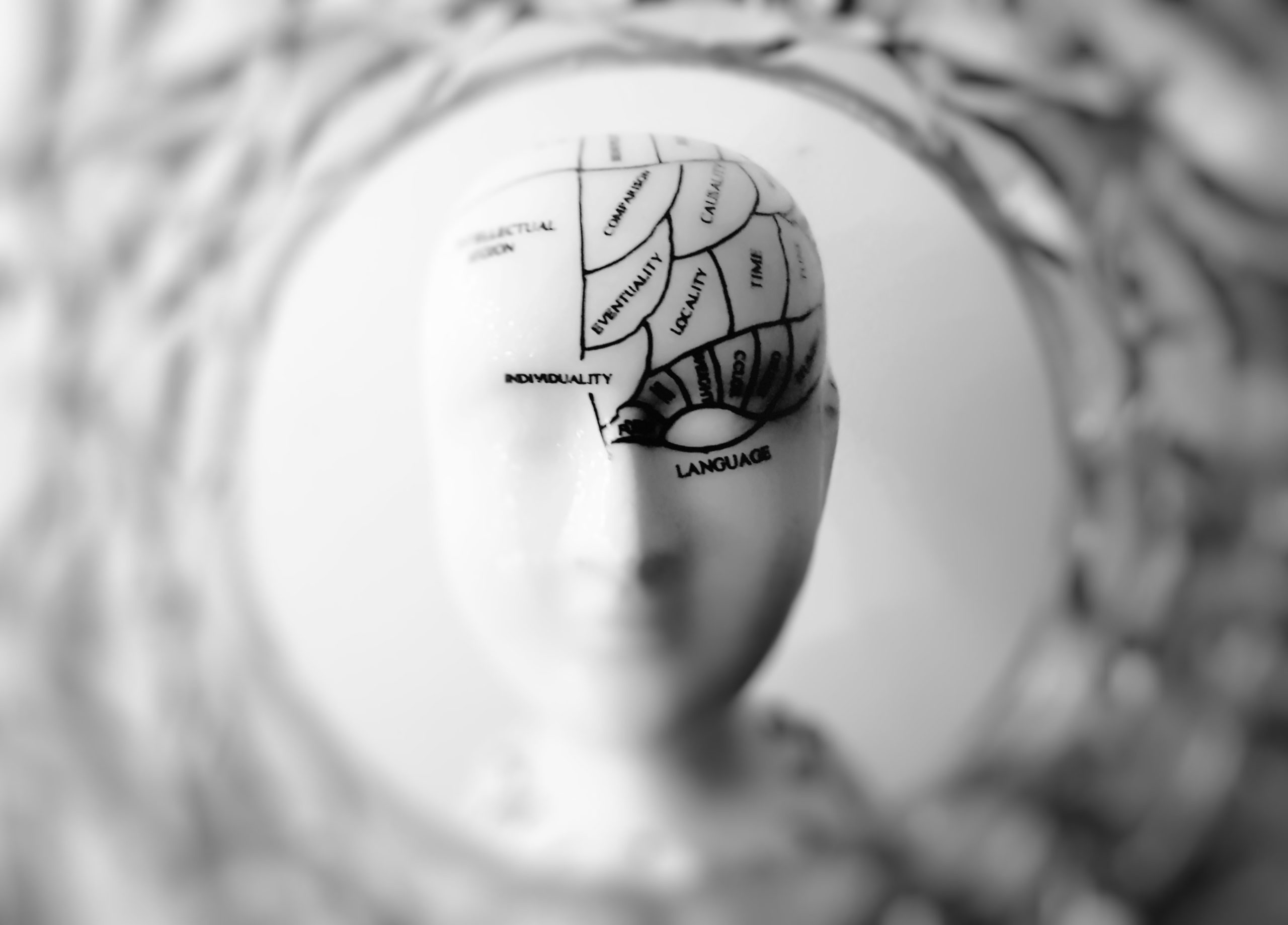It isn’t uncommon for a person’s mental health to take a turn for the worse during the divorce process. For a lot of people, divorce represents a big change along with a lot of unknowns. However, if you or your spouse have struggled with mental illness prior to the divorce process, this change may be especially overwhelming. Furthermore, certain mental illnesses may increase the likelihood of a high-conflict divorce, which may be longer and more expensive than more amicable divorces. Unfortunately, not everyone gets the help they need in order to get through the divorce process without an overwhelming amount of stress. And, in more extreme cases, mental illness can affect custody, alimony, and more.
Mental Illness and the Divorce Process
Depending on the mental illness, and the severity at which the sufferer is experiencing it, a mental illness could affect the divorce process. Those suffering from cluster B personality disorders such as antisocial personality disorder, narcissistic personality disorder, or borderline personality disorder may be at a higher risk for having a high-conflict divorce. This is especially true for couples where both parties have cluster B personality disorders. Some mental illnesses affect a person’s motivation as well, along with their ability to make decisions that will affect them long-term. Some people get so eager to get the divorce over with, they don’t carefully consider all their options.
Mental Illness and Custody
Although mental illness can affect custody, it doesn’t always affect custody. In cases where a parent has a mental illness that directly interferes with their ability to supervise the children, or meet the children’s basic needs, the parent may be awarded custody. But this is rarely the case. This is because it’s typically in the best interest of the child for both parents to have custody. For example, if a parent has a personality disorder but is still able to meet the child’s physical, mental, and emotional needs, then it may not affect their ability to get custody. A mental illness does not typically interfere with a parent’s ability to get custody unless the mental illness will directly inhibit a parent’s ability to supervise, and otherwise care for, the child. Outside of extreme circumstances, or cases involving substance abuse, this is uncommon.
Mental Illness and Alimony
Mental illness may affect spousal support. If a person is deemed to be unable to work due to their mental illness, they may be eligible to receive more spousal support, or spousal support for a longer period of time, than a spouse who is able to work. Also, in some cases, income may not be imputed when a person no longer has the mental capability to work. When a person’s income is imputed, it means that it’s adjusted based on what they could be earning based on their education and experience. If a spouse has lots of experience and education, but cannot work in their career field due to a mental illness, it’s possible that their income will not be imputed based on their education and experience.
Can You Institutionalize Your Spouse?
If you believe that your spouse is having suicidal ideation, you do have the ability to contact the appropriate authorities for help. Anyone, regardless of relation to the person, can seek help for a person they believe may be a danger to themselves. However, it may be more beneficial to the person you believe is in danger to contact a family member or friend. Having a person that they know and trust check in on them may cause less tension than contacting the authorities to have your spouse go through an emergency psychiatric evaluation. If you are unsure of what to do in a situation such as the aforementioned, you may decide to contact the suicide hotline for additional resources.
Getting Help with Mental Health
If you’re currently going through a divorce, you need the best legal advice you can get. However, many clients also benefit from getting mental health care from a qualified professional. Though divorce attorneys are frequently used as therapists, they’re only qualified to give you legal advice, not mental health advice. Having a licensed therapist or mental health professional help you work through the more difficult emotions surrounding divorce can help you get through the process with less emotional pain and trauma. We frequently tell clients that no one dies from divorce because divorce can’t kill you. But the emotional pain that comes with divorce can be overwhelming. If you, or someone you love, may be struggling with suicidal thoughts or depression, do not hesitate to reach out for the help you deserve.


